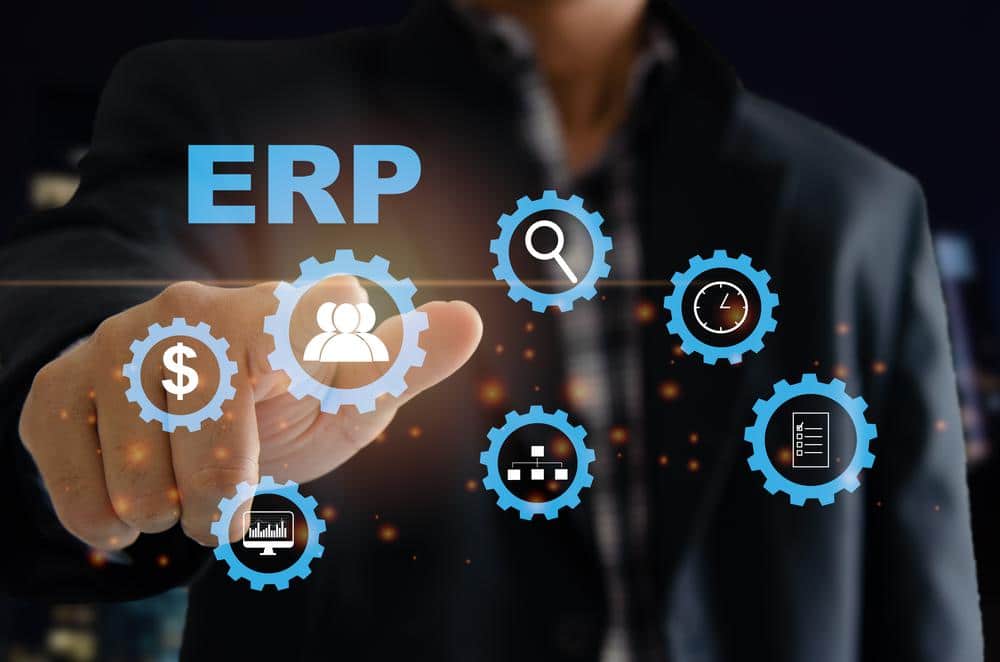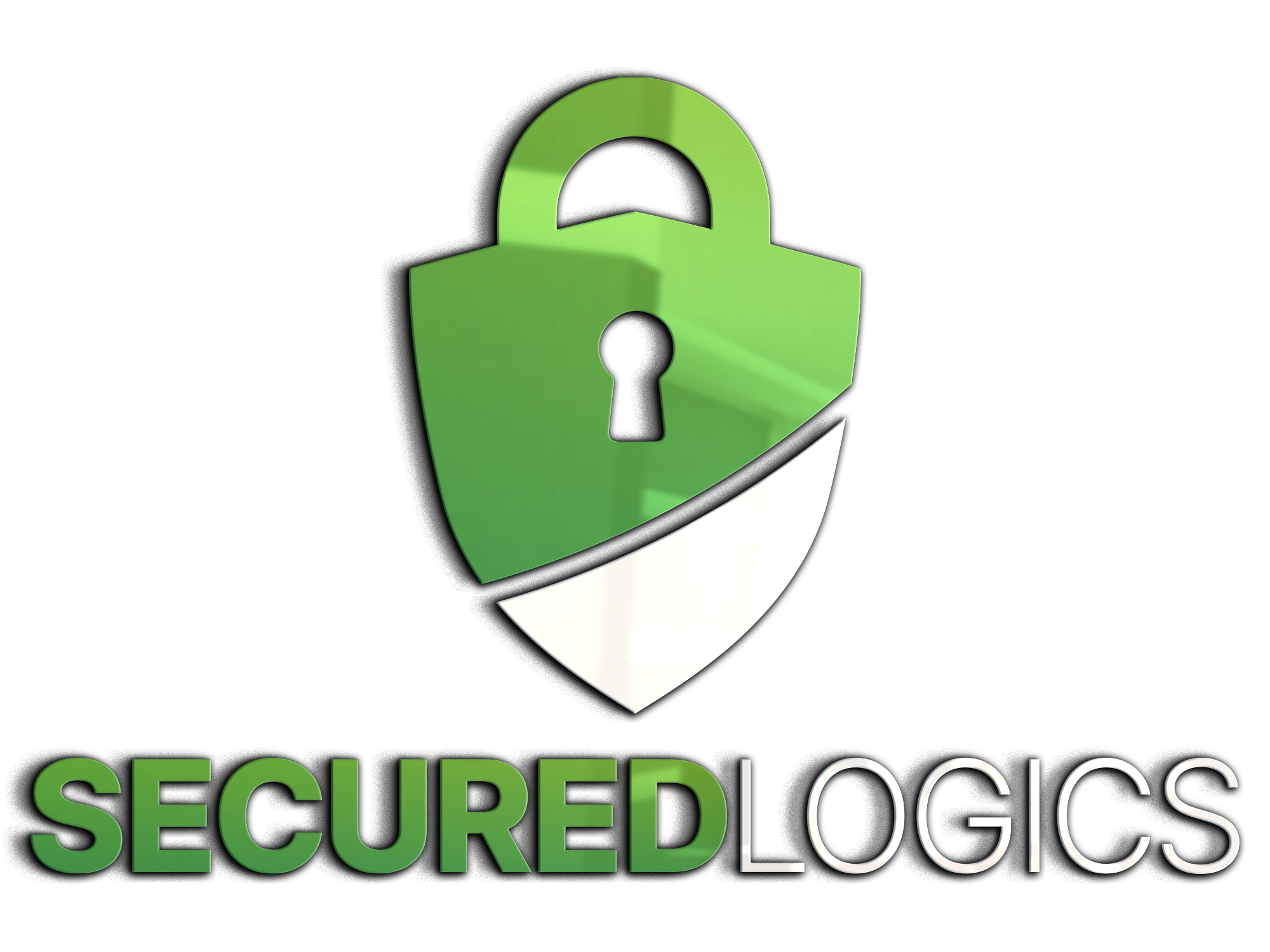Suppose staff in your firm often have to spend mind-numbing hours manually inputting information into an out-of-date enterprise resource planning, ERP system. If that’s the case, you may have forgotten why the business invested in the system, such as efficiency.
ERP systems, often referred to as a company’s “backbone,” gather and link the data that drives your industrial activity.
An ERP system is a significant financial investment. Businesses must not only pay for perpetual license or subscription expenses but also implement adaptations and training and customer support, IT personnel, and maintenance. It’s no surprise that an industrial company’s ERP system is not made lightly. ERPs can become obsolete and harm your firm.
Signs That Your ERP System is Out of Date
It’s not cloud-based
On-premise licenses are losing way to cloud-based ERP solutions that can give a more readily integrated solution across all organizations and allow rapid access to new technologies. The top four reasons firms select cloud-based ERP are:
- Standardization of various elements onto a single system
- Collaboration across various places is required.
- Difficulties in attracting IT personnel
- The organization’s technical infrastructure is out of date, restricting its potential.
ERP customers anticipate migrating to the cloud will provide access to an always up-to-date economy with continual upgrades and technical support.
It Isn’t Portable
If anyone has ever said to you, “Sure, I can retrieve that information for you, but you’ll have to wait until I’m back at my desk,” your ERP was either created before cellphones were popular, or you use an ERP with a mobile version that isn’t as complete as the desktop experience.
Outdated ERP systems may significantly impede enterprises from reaching full mobility, limiting flexibility and efficiency. In addition, while mobile capability is included in almost every contemporary ERP, some are reduced versions of the complete offering. As a result, it’s critical to determine whether any vital functions are inaccessible through mobile.
It Lacks Industry Standard Functionality
Every year, technology companies release a slew of new ERP-based systems. In truth, the vast majority of them will never catch on, but a select handful will become industry standards. If your antiquated ERP system does not support a now-standard technology, such as integrated analytics, your rivals may have an edge.

Vendor Support Is No Longer Available
In the case of old ERPs, the technology provider will eventually determine that it is too costly to continue providing technical support to a decreasing number of users. This is a glaring warning signal that should prompt firms to replace their ERP system because they will no longer be able to resolve problems with their current ERP.
Another possibility is that technology suppliers continue to provide support for an out-of-date ERP but raise the cost of that assistance since they will require a specialized team to look after that limited pool of users.
It is Unable to Integrate New Technologies
Integration or the capacity to integrate future technology is essential when selecting an ERP. Integration implies that separate systems should be able to communicate with one another, and data should be easily transferable across systems. Without it, data may have to be manually input before being sent to your ERP, resulting in an inefficient process.
It Generates Too Much Manual Work
As ERPs become increasingly outdated, they require more manual input. If your ERP takes up precious time for users or your internal IT staff, it’s worth examining how much it costs your company. In addition, manual entry takes valuable time for employees who could be spending their time on tasks that bring value.
Your out-of-date ERP may also irritate companies outside of your company, such as suppliers that loathe interacting with you due to the clumsy web experience. Customers will notice that your ERP is outdated if your response time is slower than the industry norm.
Inability to Keep Up With Regulatory Changes
ERP systems facilitate regulatory compliance by enabling data visibility for reporting and audits. On the other hand, outdated systems may not offer the assistance required to comply when new requirements are implemented. In 2018, for example, the General Data Protection Regulation (GDPR) imposed a tremendous compliance burden on organizations using ERP systems that were too outdated to include GDPR fixes or software updates.
The expenses and lost opportunities associated with an old ERP, manual labor, regulatory fines, loss of competitive advantage, lack of mobility, and other factors, are more expensive than implementing a new ERP system.

Tips to Implement Your New ERP System
There are several horror stories concerning unsuccessful ERP deployments, and various reasons are to blame. There may be particular dates that, if chosen, are likely to facilitate the implementation and so improve the chance of success:
Implement Your ERP System During Your Slow Season
By implementing your new ERP system during your business’s slow season, you will be able to focus your time and attention on the implementation. In addition, employees will be able to spend time studying the program and learning how it works with fewer distractions, resulting in a more successful implementation.
Implement Your ERP System and Train in Stages
Implementation and training are better when done in stages. Because we are just human, attempting to absorb all of the information and expertise provided by implementation consultants at once is a difficult task; this is best done in gradual steps. This strategy also allows workers to ask more questions and explain anything they don’t grasp completely.

Phase Implementation Starting With Smaller Subsidiaries
Businesses should implement smaller firms first. Start with a smaller subsidiary of the parent firm if you have numerous companies under a parent company that you need to migrate to the new software. This will allow you to learn and iron out any problems before going on to the more serious ones. Furthermore, it may improve efficiency as you understand how to manage hurdles.
Implement Your ERP When You Have a Solid Organizational Structure
Implement your new system when your organizational structure is sound. For example, wait to implement if your company is going through an organizational shift, such as hiring new employees or the maternity leave of a key employee. Before commencing the implementation and training process, it is critical that responsibilities be thoroughly defined and understood. Employees who are more concerned with their shifting positions within the business or unsure of their duties will be less concerned with implementation and may lose out on learning about necessary procedures.

Wrapping Up
Although there is never a perfect time to implement a new ERP system, there are times when it is preferable to others. As any company owner knows, waiting for the ideal moment may mean waiting forever, but if you can at least adopt a few of the things outlined above, you will increase your chances of success. The Secured Logics team understands what businesses demand from their ERP software. Our deep understanding of business processes, together with our Cloud Hosting and IT Support, uniquely qualifies us to not only build but also deploy and manage an ERP system that will benefit your organization as one would expect. If you’d like to chat about an Epicor deployment, custom development, integrations, or anything else ERP-related, please fill out the short form or call us at 855-326-9020.
